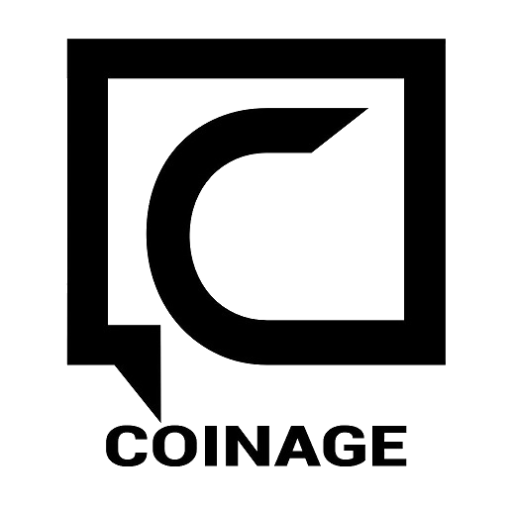Dominic’s What Our Father Did is an extract from a novel-in-progress. The piece, being the opening of the novel, is an introduction to the character of Michael, a student living in contemporary Cape Town. His father left when he was a child and nobody ever explained to him why. The novel traces his learning this untold narrative, which has its beginnings in the political turmoil of the 1980s, and introduces him to unbeknown people who are integral to his life story. “A story can be of significant consequence, but to be known must first be told,” writes Dominic in the first chapter. Michael’s stable life is undermined by a history revealed to him only now that implicates his father in atrocities, but what is perplexing is that it is a history that never did not exist. Do we have to engage with our histories, which may bring forth difficult truths, for their implicit effects on our lives to be fully grasped? The novel poses this question to young people, those ever contradictory, elusive identities that are caught in a liminal space between responsibility and youthful abandon, past and present, both eras filled with untold injustice and trauma.
Born in 1996, Pretorius is also a student at the University of Cape Town. Contrary to the premise of his story, he thinks that his father is a nice enough guy and has not bequeathed an inheritance as unsettling as Michael’s. As an undergraduate student in Philosophy, English Literature, and Politics, Dominic’s existence revolves around reading and writing, with occasional plunges into the dark depths of social anxiety. This anxiety is most likely the product of growing up in an isolated valley in rural Kwa-Zulu Natal, but, it could be that as observed by Pretorius: gone is that childhood time when it all seemed to work; like a song, a nation – a time when all was dandy. In this post-apartheid era, What Our Father Did is partly yet not exclusively, a meditation on this remark.
For Dominic, Cape Town can only be described through the poetry of Stephen Watson. Having showed a heightened interest in him, he is most likely to blather on about Watson’s affinity with Albert Camus – two men obsessed with oceans at symmetrical latitudes under provincial skies, trying to figure out what it means to be born into the harsh peripheries of their respective canons, both in terms of literary culture and the effects of racist imperialism and all its concomitants – those are the general themes. If you intervene and ask him what he does for fun, he won’t tell the truth in case his grandmother reads this – but drum and bass and whiskey are usually involved.
His work has been published on Aerodrome, a predominantly South African online literary platform, and Itch (Issue 14), Wits University’s digital literary journal. He also sporadically posts South African cultural content on his personal blog, ‘bloom| south’, where you can also read some of his other writing.
An extract from Dominic’s novel What Our Father Did ” will be featured in The #Coinage Book One


Comments
One response to “ABOUT: Dominic Pretorius”
Space Syntax Network – facebook.com